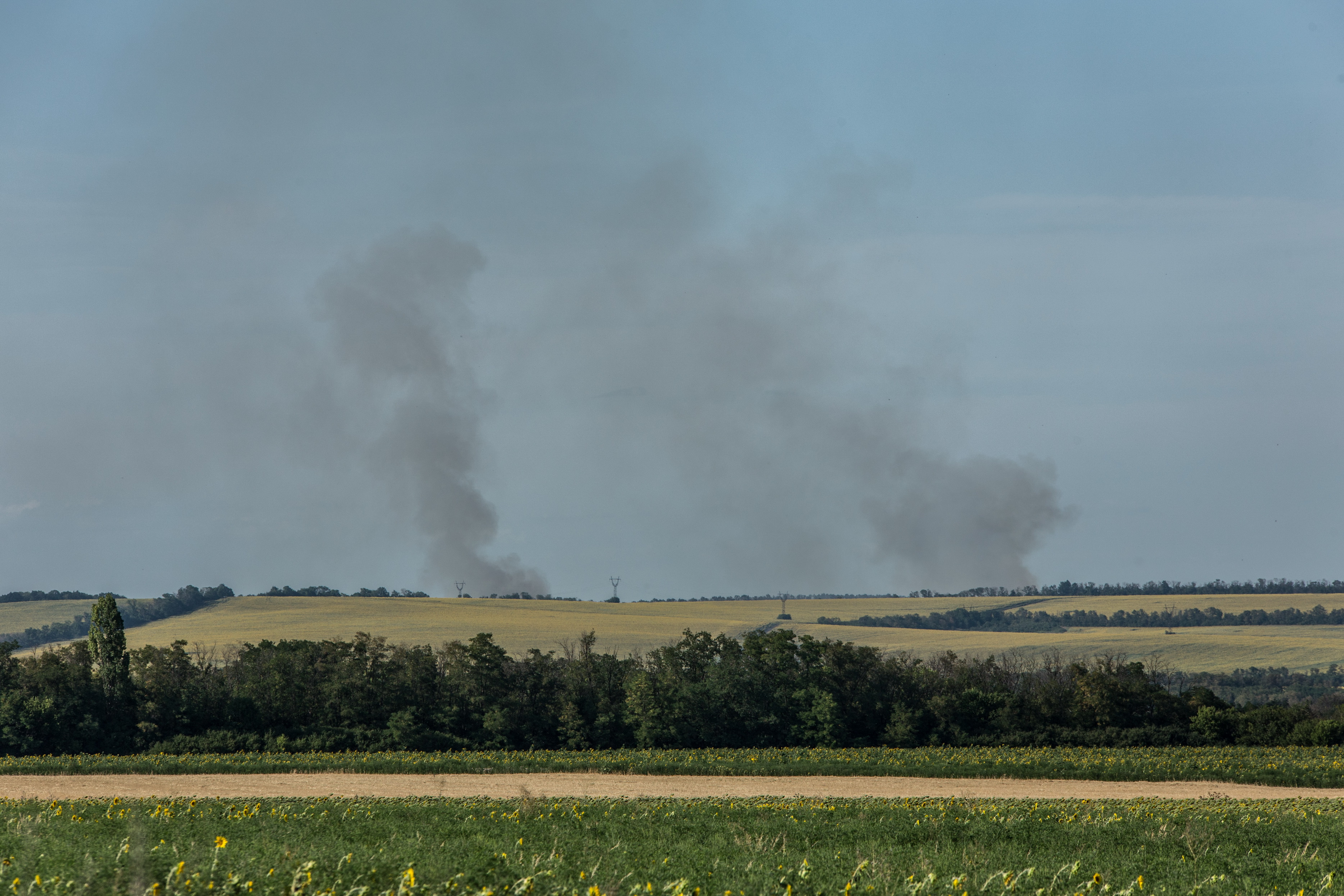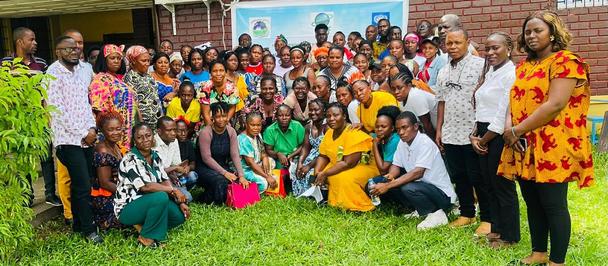Sweden and UNDP to invest $6.7 million to monitor and explore remediation solutions
New coordination center to assess environmental impacts of the war on Ukraine
March 10, 2023

Military hostilities near Bakhmut, Donetsk Oblast, 30 July 2022.
Kyiv, 10 March 2023 – The war in Ukraine is not only razing entire cities and destroying infrastructure with widespread casualties, it is negatively impacting the environment, poisoning waterways and threatening to create a toxic legacy for generations to come. To monitor and record the character, magnitude and significance of conflict-related environmental impacts, the United Nations Development Programme and the Government of Sweden are working with state institutions to set up a Coordination Centre for Environmental Damage Assessment, with an initial investment of USD$6.7 million during 2023-2025.
According to the Ministry of Environmental Protection and Natural Resources, around 30 percent of the country’s protected areas, covering more than 1.2 million hectares, have been bombed, polluted, burned, or otherwise affected by military maneuvers. Massive forest fires spread as the fighting rages on, while attacks on fuel and industrial facilities have caused chemicals to leach into rivers and groundwater.
UNDP interim Representative Jaco Cilliers said the environmental consequences of the war are widespread and devastating. “The use of explosive ordnance in urban areas, for example, is creating vast quantities of debris and rubble, which can cause air, water, and soil pollution,” he said. “Damage to light industry and environmentally sensitive infrastructure such as water treatment plants and water sanitation utilities is also creating problems that can take years to remediate. This new Centre will both monitor and explore ways to remediate the impacts.”
Olena Kryvoruchkina, Deputy Head of the Verkhovna Rada Committee on Environmental Policy and Nature Management, said the Centre also will inform residents about potential health and safety threats. "This is important not only for people who are directly in the affected areas, but also for those who fled and now want to return home,” she said. “People should understand whether or not it is safe to do so."
Tobias Thyberg, Ambassador Extraordinary and Plenipotentiary of Sweden to Ukraine, said it is of critical importance to monitor and document the war’s environmental impacts. “These impacts can harm the health and well-being of both humans and wildlife, disrupt ecosystems, and contribute to climate change,” he said. “While large resources and funding now need to go toward Ukraine’s efforts to defend itself against Russia’s aggression, it remains important to also continue funding environmental protection and conservation efforts, to ensure that Ukraine can continue protecting its environment while defending itself against Russia’s illegal war. We hope the Centre will help raise awareness of these factors, inform the recovery process with facts on the ground, and help to conserve Ukraine’s natural heritage for future generations.”
Media enquiries: Yuliia Samus, UNDP Ukraine Head of Communications; e-mail: yuliia.samus@undp.org

 Locations
Locations



